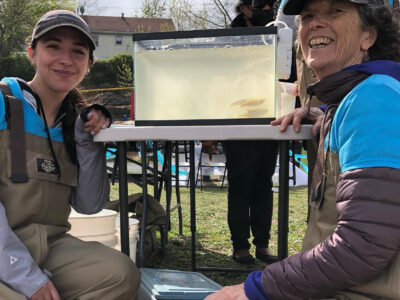In my previous blogs, I defended water as a human right and began the discussion of ways in which the human right to clean water is violated. I have already discussed how economic scarcity occurs, and this week I will be discussing physical scarcity of water.
 Physical scarcity is the issue that the water just isn’t there. There are many different sets of circumstances that can lead to this physical scarcity. One major way physical scarcity occurs is desert areas where there simply is not water. The atmosphere and landscape in these locations leads to little rain, high levels of evaporation, and little to no rivers, lakes, or aquifers. In these areas, people usually walk extremely far distances to find any bit of water, and the water used is unclean. Another cause of physical scarcity is overuse. In the Indus Valley, high amounts of canal irrigation using the river has lead to severe drops in the water level, even causing it to run dry in smaller streams. In India, groundwater is pumped at such a high rate for agriculture that water levels are dropping at a rate of 10 cm per year, which is extremely significant. When a water source is overused, it will disappear and not return.
Physical scarcity is the issue that the water just isn’t there. There are many different sets of circumstances that can lead to this physical scarcity. One major way physical scarcity occurs is desert areas where there simply is not water. The atmosphere and landscape in these locations leads to little rain, high levels of evaporation, and little to no rivers, lakes, or aquifers. In these areas, people usually walk extremely far distances to find any bit of water, and the water used is unclean. Another cause of physical scarcity is overuse. In the Indus Valley, high amounts of canal irrigation using the river has lead to severe drops in the water level, even causing it to run dry in smaller streams. In India, groundwater is pumped at such a high rate for agriculture that water levels are dropping at a rate of 10 cm per year, which is extremely significant. When a water source is overused, it will disappear and not return.
Another fact to consider is that water is becoming a privatized commodity, with bottled water passing milk, juice, and sports drinks to become the third most purchased beverage in the United States. These companies are pumping more and more water, often from springs, and it is not clear if this amount of pumping is sustainable. There is also the morality issue of whether selling water for huge profits is ethical or permitted under the human rights ideal. The debate over bottled water is an ongoing one which has not led to a definite conclusion, but it is important to consider when discussing over-pumping. While bottled water uses a small percentage of the total water, it is usually in isolated areas, which might lead to eventual depletion of the source. The question of how to get good water supplies to desert areas and how to prevent people from over-pumping are issues that have not been solved, but need to continue to be addressed.
In my next blog, I will wrap up the ways that the human right to water is violated with a discussion of pollution, and then will move the conversation towards what should happen next.




This is a very informative series! The situation in India is certainly dire, and I wonder what the role of the government can be in tackling this issue. Are solutions such as desaliation at all economically viable?